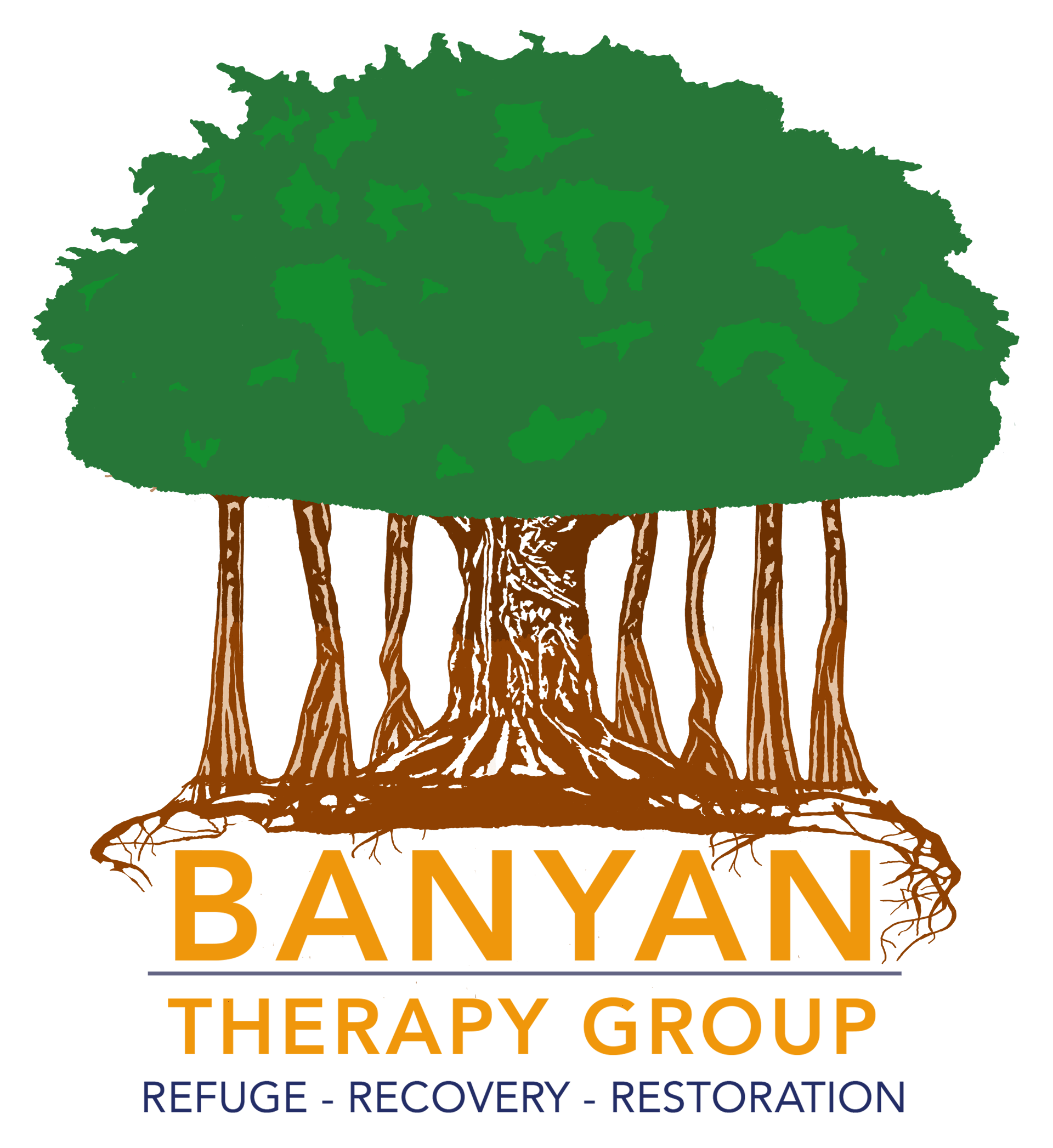- Study identified the most beneficial support resources for women dealing with a spouse’s sexually addictive and compulsive behaviors.
- When responding to problematic sexual behavior, two categories of support were identified: Coping Supports and Change-Oriented Supports.
- Coping Supports were labeled as behaviors utilized to maintain the equilibrium of the intrapersonal, marital and/or family system. The top three most frequently reported Coping Supports were: Self-Isolation (68.18%), Avoidance (45.45%), and Self-Blame (45.45%).
- Change-Oriented Supports were identified as strategies and actions used to change, heal or improve the intrapersonal, marital or family system.
- Five categories of Change-Oriented Supports emerged from the data: 1) Recreational, 2) Relational, 3) Professional, 4) Spiritual, and 5) Conceptual.
- The preferred support in each of the five categories of Change-Oriented Supports were identified as:
o Recreational Support: Reading (77.27% of the population cited as helpful).o Relational Support: Immediate family (68.18% of the population cited as helpful).o Professional Support: Combination of therapies (95.45% of the population cited as helpful).o Spiritual Support: Clergy (72.73% of the population cited Clergy as most common spiritual support).o Conceptual Support: 81.82% of the population cited conceptual support as beneficial (e.g., an idea, metaphor or perspective that was the catalyst for change).












